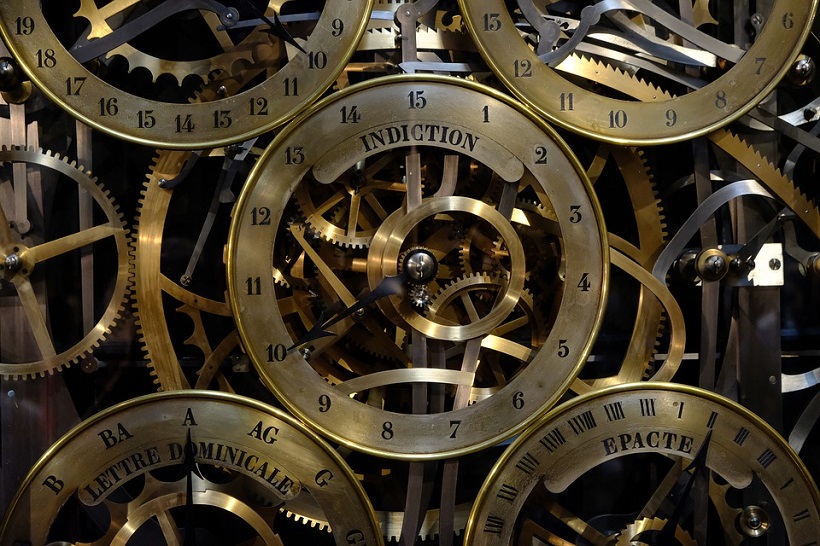We love a live game, not really because of the environment, but because of our own interaction with

What to players love the most in escape rooms? Surprisingly, it's not the puzzles or tasks, even though the game is all about them. Most of the players in the polls say they like a "balanced" puzzle and only a small percentage of them are looking for a challenge (high difficulty). Things that people love are often psychological in nature:
1."Eureka" moment. When you ask the players, what was the best part of the adventure, lots of them immediately say, that it was the moment, in which they managed to get through a tricky problem. The moment, in which the team got kind of stuck, didn't know how to continue and then someone came up with a conclusion to the puzzle - an actual enlightenment, accompanied by an explosion of emotions and happiness.
2. Surprise. We don't go to escape rooms, in which we already know the solutions. We are looking for new games and avoid every "spoiler". We are waiting for what the authors of the game have prepared for us with a huge pleasure. Because the moment of surprise is one of the main pillars of this entertainment.
3.Working with friends. The game for one would be pretty boring. In one of the most representative polls, there is a graph, which states that the teams are diverse, the sexes and the age of the players are very often mixed. There are also company teams playing, or for example pairs on dates. And it's always a good idea to have fun together.
4. Rising atmosphere. The games aren't just pink play-rooms for kids.They often have an adrenaline, sometimes even claustrophobic feeling in them. The feeling that Indiana Jones had when a big rock ball was rolling onto him. Horror, drama, detective - anything that brings the goose bumps to the player is good.
5. Movie feeling. The feeling that you are in a real situation is also very popular. At a time when stories are mostly mediated through screens, it's our own experience irreplaceable. We can dive into the game that much, that we will forget about the outside world...or even the time - and we shouldn't forget that because we are relentlessly losing it.
6. Telling the story. A good theme must be well presented to the player. Only about ten percent say they do not need a story to play. The best thing is if everything is set in a specific, familiar environment. For example, from books or computer games. Old military base? Great. School? Not anymore. The Escape Room has to "communicate" with the players, sometimes non-verbally - or sometimes, on the other side, through actors and scouts.


